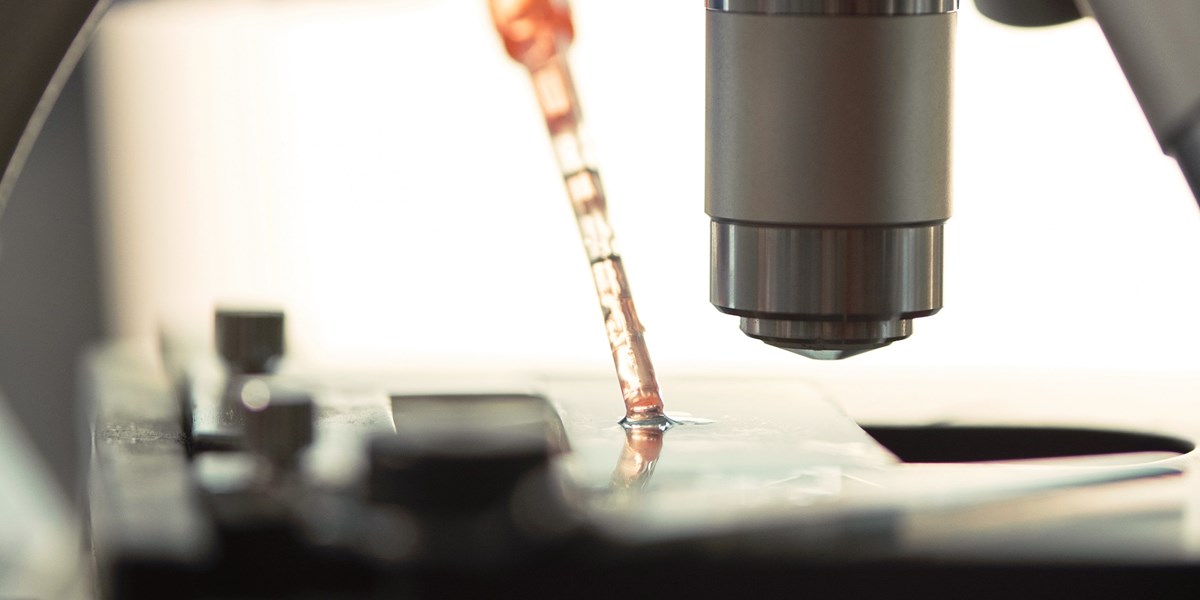We are delighted to report that our client, Proteotype Diagnostics Ltd, has just been awarded a £1.5 million Cancer Mission Grant to advance the groundbreaking work they have been doing in early cancer detection with their innovative Enlighten™ test.
Proteotype is a pioneering diagnostics company dedicated to the development of advanced multi-cancer early detection and personalised medicine tests that measure the host response to tumour development.
Their mission is to combine the most cutting-edge technologies with comprehensive research to revolutionise cancer diagnostics and improve early detection to, ultimately, enhance patient outcomes and increase survival rates.
Wesley Sukdao, co-founder and CEO of Proteotype Diagnostics, shared the reason why this cause is so dear to him:
Growing up in poverty in South Africa, I lost three of my closest family members to cancers detected too late, all before I turned fourteen. To meaningfully impact health inequalities, cutting-edge cancer diagnostics must be both affordable and accessible. My team and I are focused to deliver on this mission.”
This week Proteotype Diagnostics Ltd received the very welcome news that they have, in collaboration with the University of Southampton, been awarded £1.5 million in funding from the National Institute for Health Research (NIHR) and the Office for Life Sciences (OLS).
The grant will be used to support the clinical validation of Proteotype’s novel Enlighten™ Multi-Cancer Early Detection test, a revolutionary approach to detecting early-stage cancers by focusing on the body's response to tumour development. Unlike other cancer diagnostics that rely on tumour-released signals, for example, circulating tumour DNA, which is often only detectable once cancer has progressed, Enlighten™ measures the host response to tumour development, tracking changing levels of proteins that occur even in the earliest stages of cancer.
When the grant was awarded, Dr. Emma Yates, co-founder and Chief Scientific Officer at Proteotype Diagnostics, was quick to explain the benefits of early discovery:
When cancer is discovered earlier, patients have more treatment options and better outcomes. Enlighten™ is designed to disrupt, detecting cancer as early as the immune system, whilst remaining elegantly simple and robust to fit existing care pathways and NHS needs.”
During the trials, the Enlighten™ test will be validated by 1,350 specially recruited participants in a real-world NHS setting with a specific focus on cancers with high mortality rates in socio-economically deprived areas, such as colorectal, lung, and pancreatic cancers.
Professor Andrew Davies, Chief Investigator (MODERNISED) for the University of Southampton’s Experimental Cancer Medicine Centre, who will be delivering the trials added:
Enlighten™ is innovative, capturing changing levels of proteins released into the bloodstream even in the earliest cancer stages. If Enlighten performs well in MODERNISED, it could mark a step change in early cancer diagnostics.”
Esmé Swindells, one of the lead attorneys in the Potter Clarkson team that supports the development of the IP underpinning Enlighten™, was equally as proud when she heard the news:
One of the greatest things about our job as patent attorneys or IP solicitors is to work on something that will genuinely make a massive and positive difference to patient outcomes. There are few families that haven’t been impacted by cancer, so to help a visionary innovator like Proteotype is an honour.”






